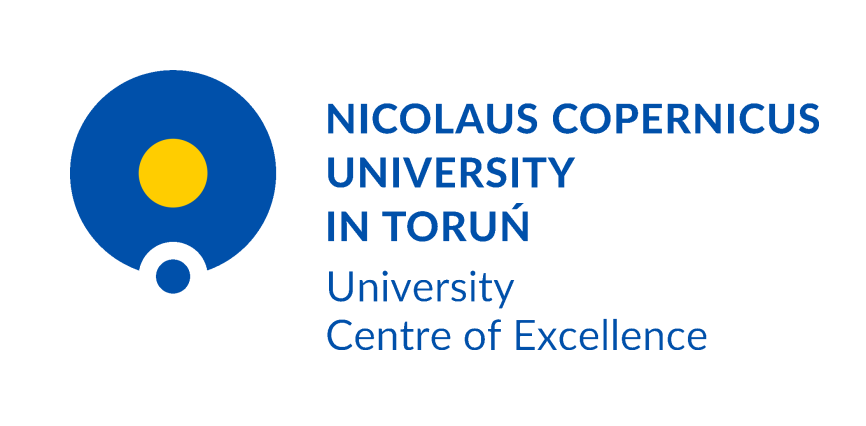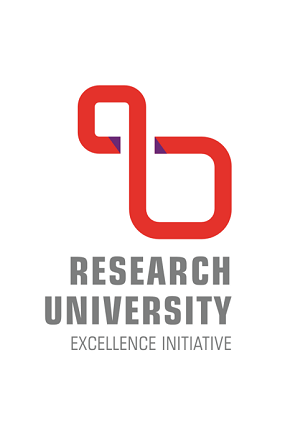
The PAST Team at IMSErt is looking for post-doc researchers who would like to implement their research projects at Nicolaus Copernicus University within Maria Skłodowska-Curie Actions #Horizon2020.
The PAST team consists of researchers from the Institute of Archeology NCU. They conduct multidisciplinary studies covering epochs from the Paleolithic to Modern Times. The main research topics of the team include socio-cultural (magic, rituals, religion, economy), socio-natural (exploitation of fauna and plant resources, migrations, changes in the natural environment, extinction of species) and technological phenomena (production of objects, exploitation and processing of raw materials). Detailed research scopes concern:
* the functioning of Paleolithic, Mesolithic and Neolithic social groups in the natural environment;
* the history of the Slavs, their religion, the beginnings of states, contacts with the Scandinavian and Baltic peoples;
* an impact of social groups on the variability of plant communities during the Anthropocene;
* the importance of animals and plants in social history;
* social and natural conditions of the processing of organic and inorganic raw materials;
* the functional and spatial structure of the settlement of human groups in the context of natural and cultural factors.
Research is carried out through field archaeology (excavations – collecting and recording data), laboratory works (microscopic observation, data description, processing and modelling), archaeozoology), archaeobotany, traceology and experimental archaeology, and biomolecular research (genetic, isotopic, biochemical and geochemical analyzes).
IMSErt
The aim of the University Centre of Excellence IMSErt – Interacting Minds, Societies, Environments is to go beyond the boundaries of traditionally, ideographically (descriptive) understood humanities and social sciences and move towards pioneering research, big data analysis, quantitative and experimental research focused on the nomothetical explanation of cultural processes (i.e. aiming at formulating regularities and laws). Activities of the Centre focus on creating truly interdisciplinary projects. Reflection on humanities and social sciences blending seamlessly with natural and exact sciences and using modern technologies (including digital and experimental tools in humanities) will allow innovative research projects.
The Centre implements research in linguistics, archaeology, psychology, history of knowledge, memory studies, social geography, environmental studies, economics, finance and management and others. Five leading themes have been identified and will be implemented in the Centre:
1. Past Environment, Societies and Cultures – Multidisciplinary Perspective;
2. People, Space and Environment;
3. Evolution of Communication Systems;
4. Knowledge Complexity and Memory;
5. Sustainable Development and the Society of the Future.
Among the Centre plans to implement is the establishment of the Foresight Lab, dealing with forecasting the future and close cooperation with the socio-economic environment and broad international cooperation. We will also encourage the University’s staff to implement their projects in cooperation with the Centre and engage in independent and external funded projects. The idea behind the Centre is to promote new concepts and ways of practising humanities and social sciences, connected with the achievements of the world’s top scientific achievements.


 ul. Fosa Staromiejska 3, 87-100 Toruń
ul. Fosa Staromiejska 3, 87-100 Toruń